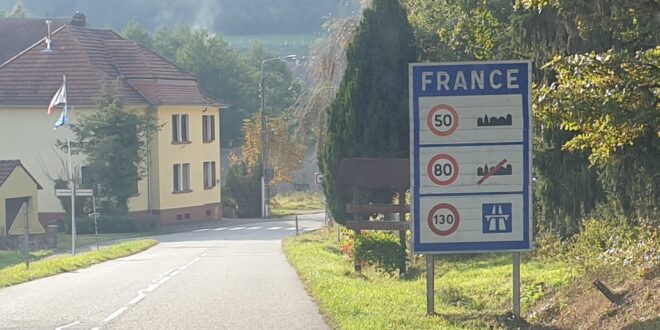With the election of Friedrich Merz as Germany’s new Chancellor on Tuesday, the country enters a new political chapter — marked by a significantly tougher stance on migration. Throughout his campaign, Merz had made tackling irregular migration a top priority. Now, his new government is moving swiftly: Interior Minister Alexander Dobrindt (CSU) has announced a series of immediate measures.
At the heart of the new approach are increased border controls and the systematic rejection of individuals attempting to enter Germany without valid documentation. “The numbers remain too high,” Dobrindt said during an interview with ARD. “That’s why I will issue the relevant directive on Wednesday.” The Federal Police are expected to begin turning away asylum-seekers at the borders — a policy that was highly controversial under the previous government.
Dobrindt emphasised that the rejections will be implemented as a gradual process. Particularly vulnerable groups will be excluded for now, but the message is clear: those entering Germany irregularly should no longer expect to stay. To support the stricter measures, the government plans to create new police posts to bolster border enforcement. While no specific figures have been provided, Dobrindt pledged to significantly strengthen the capacity of the security services.
Internationally, the new administration is well aware of the sensitivity surrounding its migration policy. Nonetheless, Dobrindt expressed confidence in working with neighbouring countries to forge a coordinated response. The government aims to shift migration control back to the external borders of the European Union, working in tandem with countries such as Poland, Austria and the Czech Republic. He reassured concerned Germany’s neighbours that this would not lead to border closures or traffic chaos: “We are not shutting borders, we are not creating traffic jams — we are doing what is necessary to reduce irregular migration.”
For refugees from Africa and other non-European countries, the new policy signals a tougher environment.
Whether this strategy will be effective or legally sustainable remains to be seen. What is certain, however, is that Germany’s migration policy is entering a new phase — one that could reverberate across Europe.
Felix Dappah
 THE AFRICAN COURIER. Reporting Africa and its Diaspora! The African Courier is an international magazine published in Germany to report on Africa and the Diaspora African experience. The first issue of the bimonthly magazine appeared on the newsstands on 15 February 1998. The African Courier is a communication forum for European-African political, economic and cultural exchanges, and a voice for Africa in Europe.
THE AFRICAN COURIER. Reporting Africa and its Diaspora! The African Courier is an international magazine published in Germany to report on Africa and the Diaspora African experience. The first issue of the bimonthly magazine appeared on the newsstands on 15 February 1998. The African Courier is a communication forum for European-African political, economic and cultural exchanges, and a voice for Africa in Europe.



































